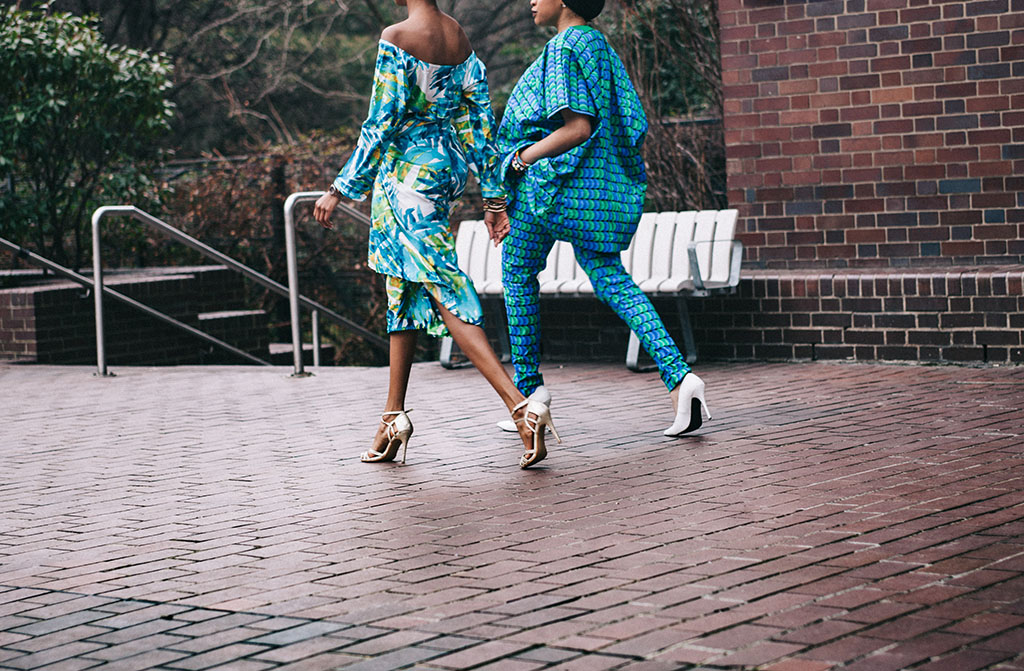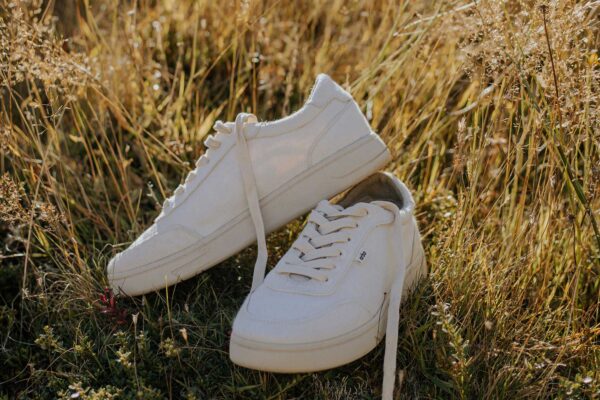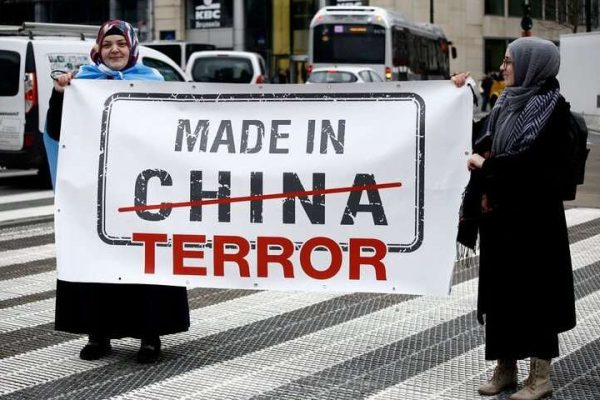Everything You Need To Know About Ethical Fashion Certifications
a quick guide to the most common certification labels
Kate Hall
So, you know those times when your ethical fashion obsessed friend grabs a shirt and screams “yas! It’s Fairtrade!” and you just nod, smile, and pretend you know what it means?
Or when you see all those crazy cool acronyms in a company bio or garment description, and wonder how they got there?
Well, I promise you won’t be confused for much longer!
Get that perplexed look of your face and chuck on your reading glasses. We are about to dive into ethical fashion certifications.

Global Organic Textile Standard (GOTS)
This certification pops up everywhere, but as it’s usually abbreviated, it’s hard to depict. The Global Organic Textile Standard is known worldwide as a textile processing standard. When gaining the GOTS certification, not only is a brand assessed for the fair harvesting of their raw materials, but also their social responsibility, environmental impact, and water and energy use. GOTS identifies a product is, at the very least, 75% organic.
Ethical Clothing Australia (ECA)
Ethical Clothing Australia is an accreditation body who provide ethical manufacturing certification to fashion labels who manufacture their clothing in Australia. Made in Australia does not always mean made ethically. There are sweatshops in Australia. That’s where ECA come in. Some of Australia’s most well known fashion labels such as Cue and Veronika Maine are ECA accredited. You can find a full list of accredited brands on their site.
Worldwide Responsible Accredited Production (WRAP)
The Worldwide Responsible Accreditation Program is a non-profit organisation who accredit facilities when they practice safe, responsible, humane, lawful and ethical manufacturing practices. WRAP focus on training and education, on top of their accreditation. They particularly focus on the apparel, footwear, and sewn product sectors, meaning their accreditation is critical in the ethical fashion world.
Organic Standard Certification (OSC)
Today, the word ‘organic’ is thrown around regularly and far too casually. Although it’s awesome that organic materials and textiles are becoming more popular, we need to be careful about our off-the-cuff labelling. The Organic Standard Certification enables us to understand just how organic a garment is. OSC highlights the amount of organic fibre in a garment by labelling an item with two different certifications. The OSC 100 label guarantees that a garment is made with at least 95% organic fibres. The OSC blended label is on the opposite side of the spectrum; only 5% of the garment must be organic. The rest of the garment will be a blend of other materials, either manmade or raw.
https://fairtradeanz.org/Fairtrade
Fairtrade certification is the promise of sustainable production practices, fair trading terms, and the promotion of economic security. Fairtrade advocate for fair pay, working conditions, and the just management of people in farming and factory environments. The Fairtrade mark is found on many of our foods, but in relation to the ethical fashion industry, it’s used to certify and regulate the cotton industry.
Fair Wear Foundation (FWF)
The Fair Wear Foundation work with over 120 brands, guaranteeing transparency at three different levels; the workplace, the organisation, and the company. Just like us, FWF take on the ‘on one size fits all’ ideology when it comes to solving workplace injustice. They work with trade unions, NGOs, factories, brands, and governments, with a mission to improve workplace conditions all around the world.
Global Recycled Standard (GRS)
Ethical fashion embodies recycled fashion too, and I’m not just talking about thrift shops. When companies make, or sell recycled fashion, the Global Recycled Standard step in to assess the tractability of materials, and environmental and social requirements. They set up track and trace systems to improve offerings and support ‘recycled’ claims.
There are literally hundreds of ethical fashion certifications and the list grows every year. But, knowing the basics and deciding what fits with your own ethical fashion journey, means you can shop without an acronym translator!


